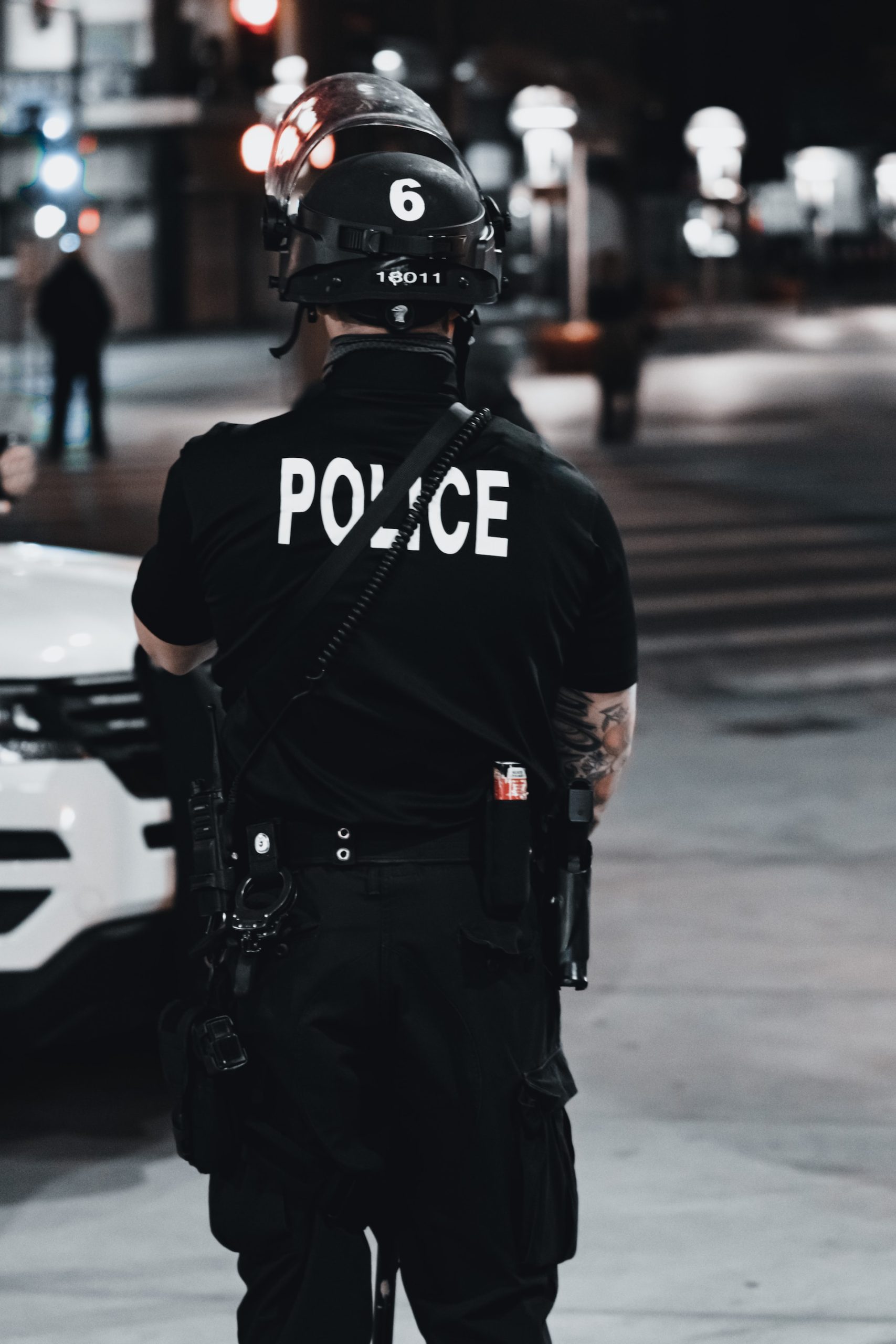The increasing frequency of fake school emergencies across the United States is causing alarm and concern among parents, students, and educators alike. These mock incidents are designed to simulate the response to a real emergency situation, such as a school shooting, but are intended to be training exercises for law enforcement and school staff.
However, the unintended consequences of these drills are causing significant trauma to students and teachers. The drills can involve loud sirens, actors portraying shooters or victims, and even the use of fake blood and weapons. These simulations can be so realistic that they leave lasting psychological damage on those involved.
The National Association of School Psychologists (NASP) has issued a warning about the potential harm caused by these drills, stating that they can cause “severe emotional distress” and even post-traumatic stress disorder (PTSD). The NASP has urged schools to avoid using simulations that involve violence, and instead focus on less traumatic training exercises that are designed to prepare students and staff for real emergencies.
Despite these warnings, the number of fake school emergencies continues to rise. In some cases, students and teachers are not even told that a drill is taking place, leading to confusion and panic. In other cases, the drills are intentionally made to be as realistic as possible, which can be traumatizing for those involved.
The use of fake school emergencies also raises questions about the effectiveness of these training exercises. While law enforcement and school staff argue that these drills are necessary to prepare for the possibility of a real emergency, some critics argue that they are simply a way for schools and law enforcement to avoid taking more substantive action to prevent school violence.
Many schools and districts are now reconsidering the use of these drills, and some have even banned them outright. Instead, they are turning to alternative training methods, such as tabletop exercises or mental health awareness programs, which can be just as effective in preparing students and staff for potential emergencies without causing trauma.
The issue of fake school emergencies is a complex one, involving questions of safety, effectiveness, and ethics. As schools continue to grapple with the issue, it is clear that the well-being of students and staff must be prioritized above all else. While emergency preparedness is important, it cannot come at the expense of the mental and emotional health of those involved.
In conclusion, the use of fake school emergencies as a training tool for law enforcement and school staff is causing significant harm to students and teachers. The trauma caused by these drills can lead to long-term psychological damage, and questions remain about their effectiveness in preparing for real emergencies. As schools and districts consider alternative training methods, it is important that they prioritize the well-being of those involved and avoid traumatizing simulations that can do more harm than good.




